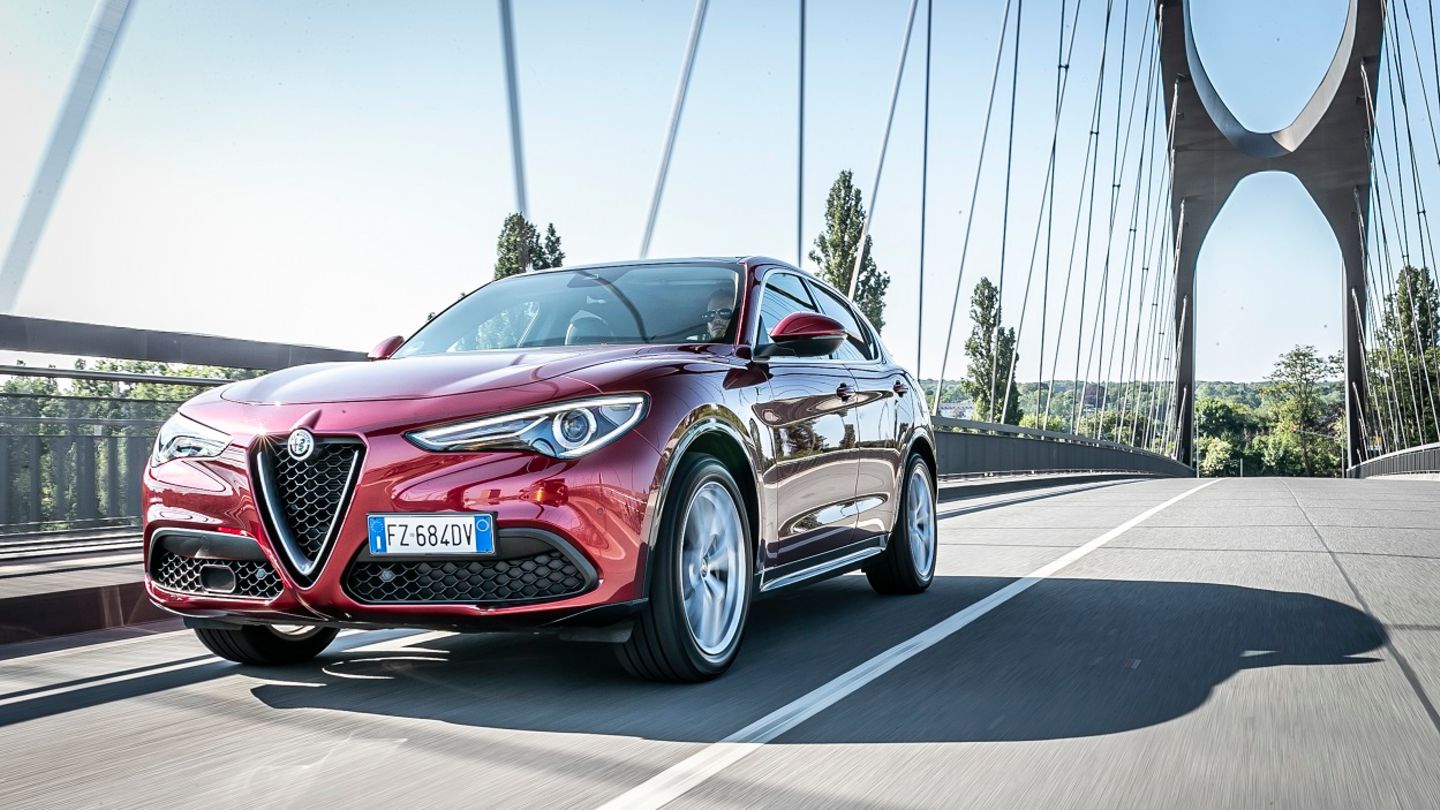Was a manufacturer allowed to be commissioned to equip the Bundeswehr with a digital command radio system without a tendering process? The Düsseldorf Higher Regional Court has given the answer.
The Düsseldorf Higher Regional Court has given the green light to the controversial equipping of the Bundeswehr with digital radio devices. The major order, which is said to have a volume of more than one billion euros, was awarded to the Munich company Rohde & Schwarz.
The French Thales group came away empty-handed and lodged a complaint against it. The Higher Regional Court rejected this as inadmissible in a legally binding decision.
The Public Procurement Senate, chaired by Judge Christine Maimann, found that the complaint was inadmissible because it was not filed within two weeks.
There is also no prospect of success in terms of content
But the court also said it had no chance of success in terms of content. After Russia’s attack on Ukraine, which violated international law, the federal government changed its approach to digitizing the Bundeswehr, forgoing a lengthy procurement process and awarding the contract directly.
This is permissible; the law against restrictions on competition expressly allows this in such a case. The Federal Republic was allowed to act in this way in order to protect its essential security interests. The overall situation for the procurement of a digital command radio system changed with Russia’s war of aggression on Ukraine.
The specific modalities are classified as secret. How many devices are involved and whether the rumored order volume is correct is already covered by secrecy, as those involved in the process had said.
Tight security requirements
On the sidelines of the negotiation, Lieutenant General Michael Vetter rejected media reports that the digital devices did not fit in the vehicles. The dimensions were tested and specified for 200 different vehicle types.
The fact that installation is still difficult is mainly due to the safety requirements: the digital radio devices should not pose any danger to the crew of the vehicles in the event of an enemy hit.
However, some of the vehicles’ batteries and alternators are said to be too weak for the new radio devices. The court did not concern itself with the installation and integration of the devices. Thales’ lawyer, Jan Byok, had argued that the direct award of contracts primarily served to support and promote the domestic defense industry.
Source: Stern
I have been working in the news industry for over 6 years, first as a reporter and now as an editor. I have covered politics extensively, and my work has appeared in major newspapers and online news outlets around the world. In addition to my writing, I also contribute regularly to 24 Hours World.




